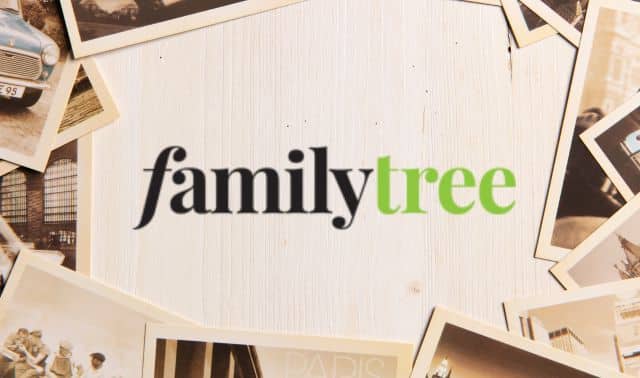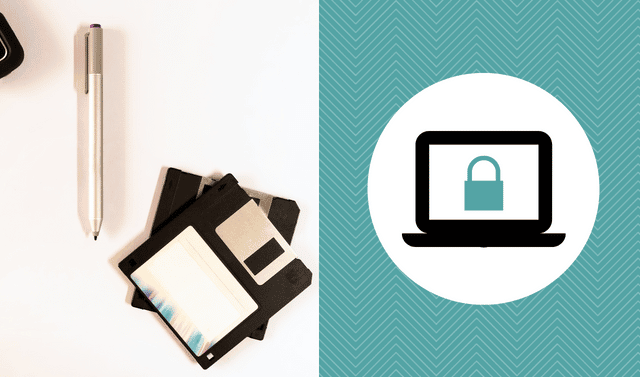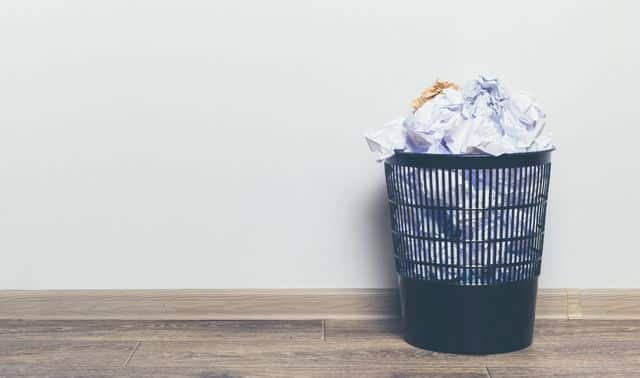Sign up for the Family Tree Newsletter! Plus, you’ll receive our 10 Essential Genealogy Research Forms PDF as a special thank you.
Get Your Free Genealogy Forms
"*" indicates required fields
All the cool kids download their music these days, but you probably have plenty of old fashioned recordings in your possession. In 1877, Thomas Edison invented a phonograph that played delicate cylinders wrapped in foil; later cylinders were wax. More durable 33? rpm “long-playing” records, or LPs, came along in 1947, followed by the 45 rpm. Whether you’re guarding Great-grandma Rose’s cylinders, Uncle Tony’s jazz albums or the Elvis tunes of your youth, these tips will get you in the right preservation groove.
1. Keep in a temperature-controlled space
Constant temperatures of about 60 to 65 degrees are best. Keep your collection out of the sun.
2. Don’t touch the playing surface
Never touch the playing surface of a record; handle it by the edges or the label. Pick up a foil cylinder from the inside. Let wax cylinders come to room temperature before touching them; cold cylinders can split just from the contact with your body heat.
3. Replace paper liners
Replace vinyl discs’ original paper liners inside the cardboard covers with high density polyethylene sleeves, available from Bags Unlimited. Keep 78 rpm records in acid free paper sleeves.
4. Replace liners and jackets
Replace—don’t repair—liners and jackets because contact with adhesives can damage records. If the original plastic wrapping remains on the album sleeve, remove it.
5. Store albums upright
Store albums on edge, never flat, and don’t let them lean-prop them up on both sides. Group discs of similar sizes together: Mixing 7-inch singles and LPs can create uneven pressure and cause warping. Store cylinders upright.
6. Clean carefully with special tools
To clean a record, use a soft, lint-free cloth or a dry brush made specifically for records. Wipe in the direction of the grooves. If a vinyl record is soiled, clean it with a soft cloth and distilled water, not alcohol.
Vintage Music Websites
The music your ancestors might have enjoyed on their “talking machines” is available on these websites:
Library of Congress Recorded Sound Reference Center
A version of this article appeared in the July 2007 issue of Family Tree Magazine.





